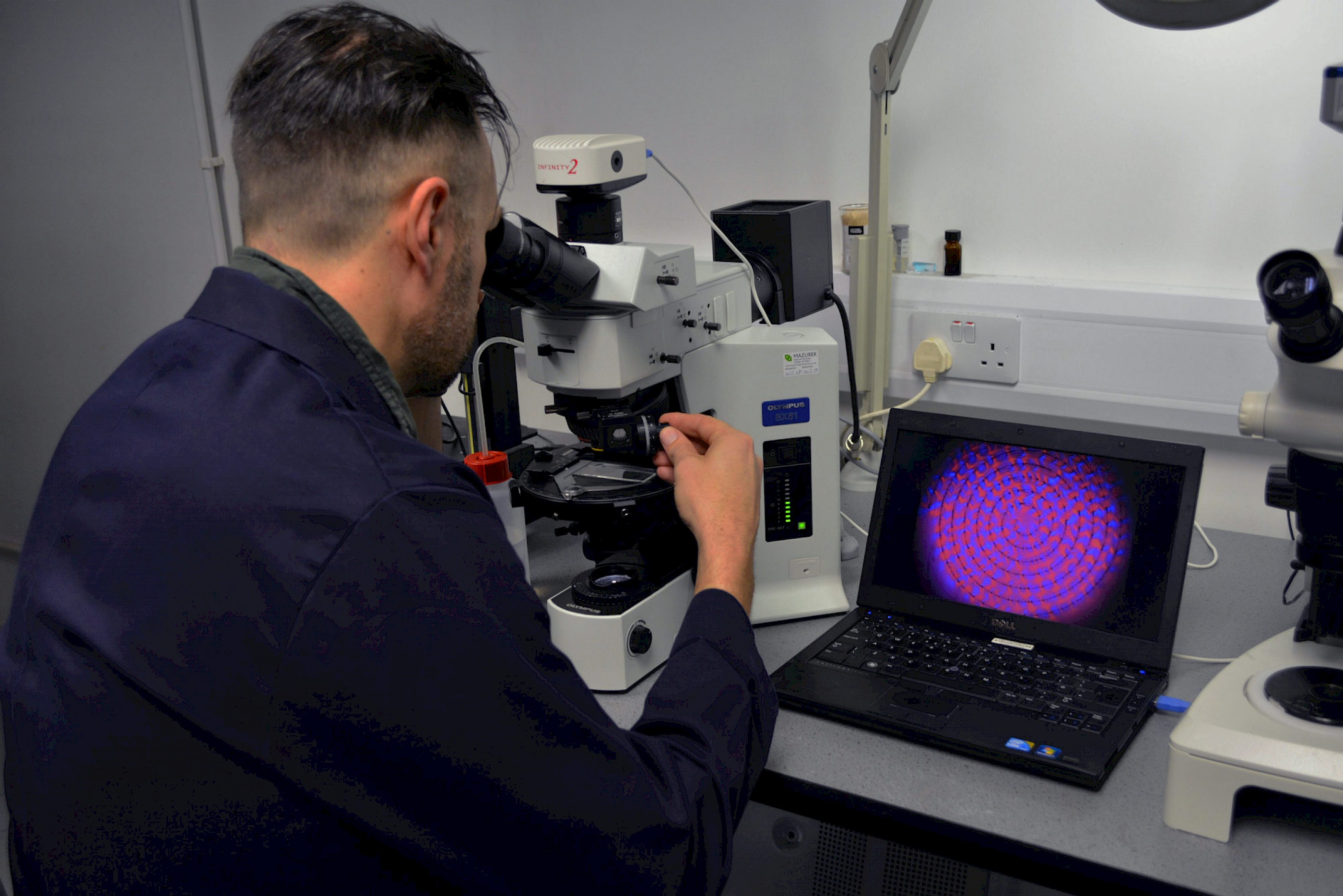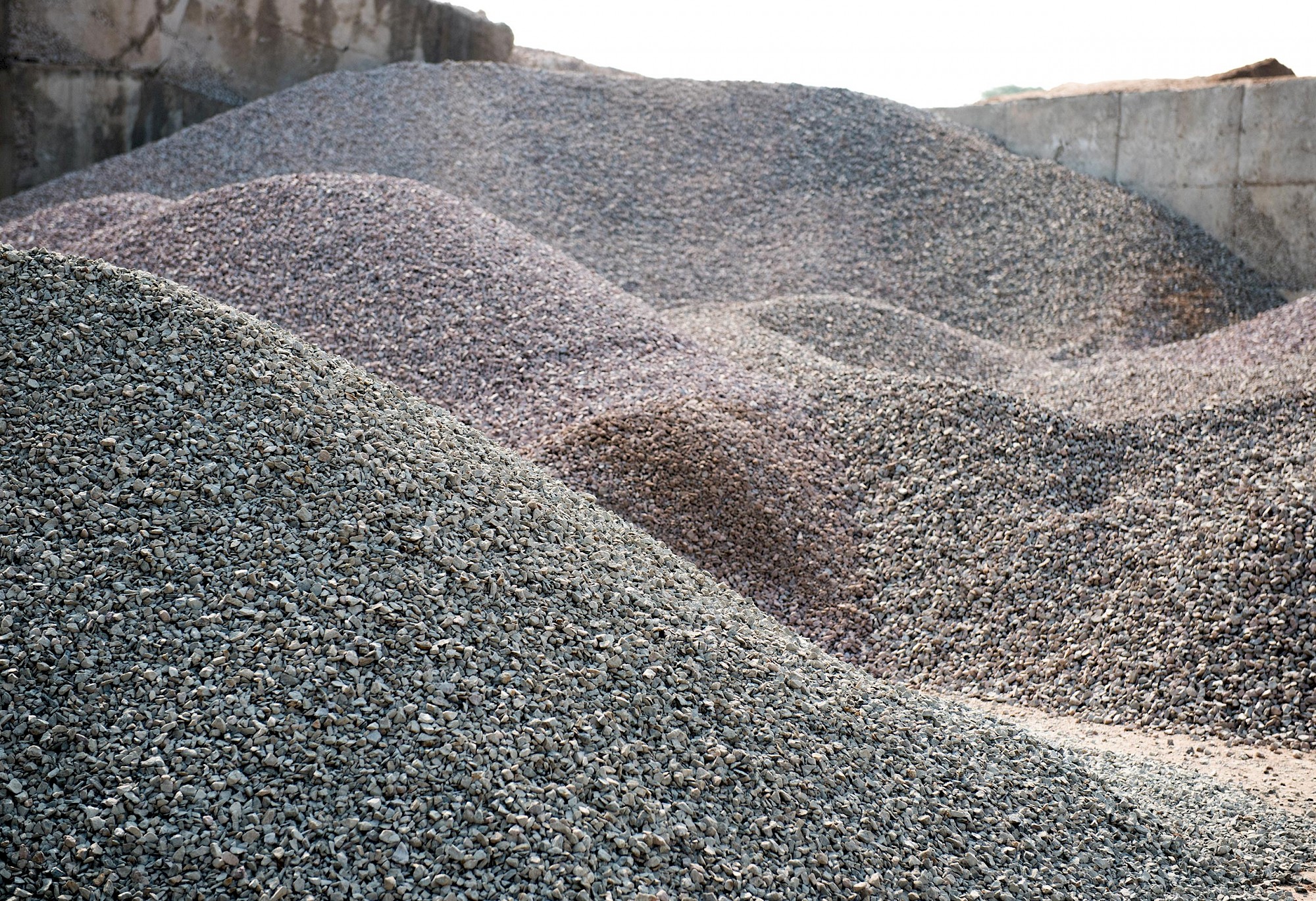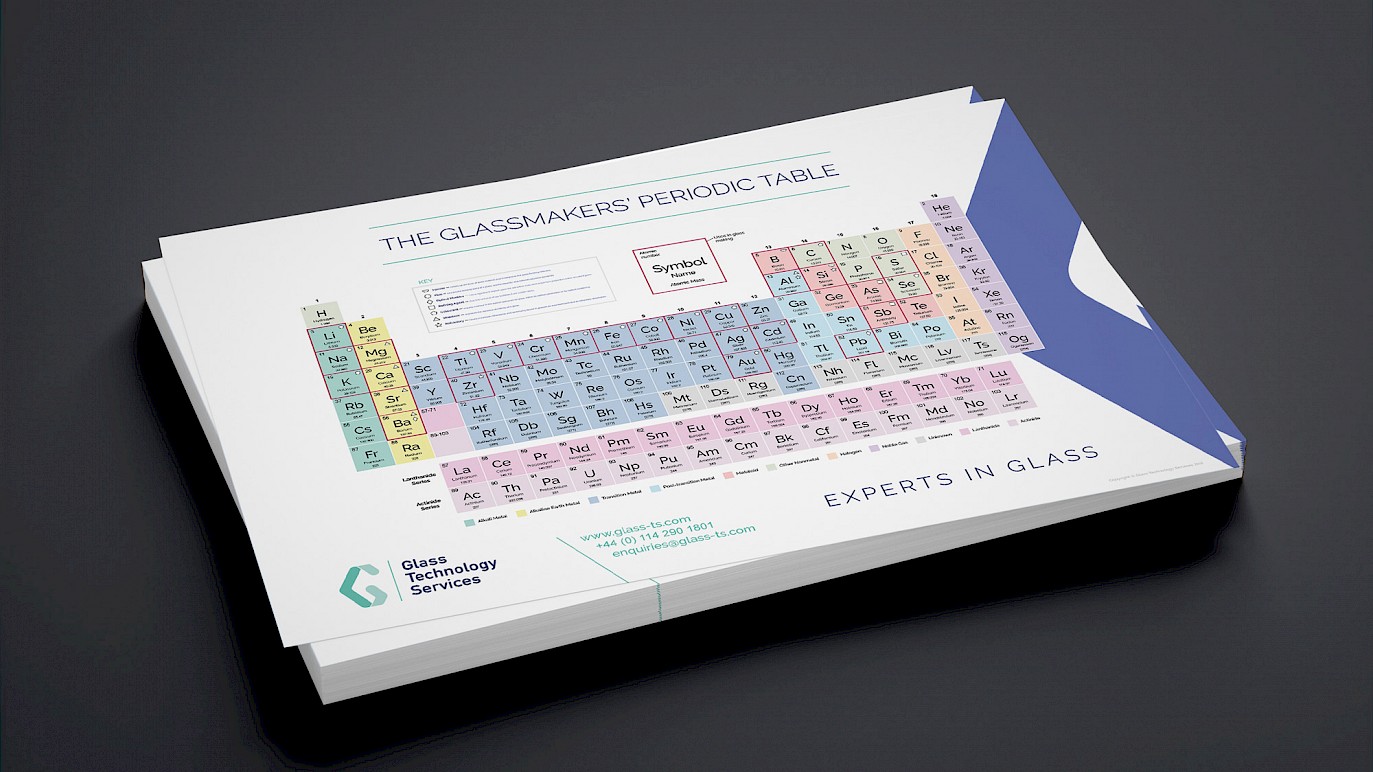The project team investigated the potential for new lower melting point glass compositions to be made economically viable through the adoption of different waste streams to replace higher value raw materials – achieving reductions in CO2 emissions while giving new life to waste that would otherwise end up in landfill.
Project partners
- Glass Technology Services
- Sheffield Hallam University (SHU)
Further details
In partnership with Sheffield Hallam University, Glass Technology Services secured a grant of £156,645 under the Energy Catalyst Initiative from Innovate UK - the UK government’s innovation agency. The British Glass Environmental Steering Group awarded Glass Technology Services a further £30k to support the project and cover some of the additional costs incurred in carrying out the project.
Historically, such batch reformulations have been generally dismissed due to the increased costs of alternative raw materials or due to other complications in glass properties, melting temperatures, working ranges and viscosity. Through years of research, commercial soda-lime-silicate glasses have reached an optimal compositional range that provides a balance of glass properties, energy and raw material costs while allowing for significant recycled content (cullet) to be used.
In the project a total of 26 different soda-lime-silicate glass compositions were modelled and small-scale melting trials carried out. Nine compositions, that exhibited the most desirable properties, were then melted in greater volume and analysed in detail to assess their compatibility with existing furnace, forehearth and forming infrastructure as well as modelling both energy and costs.
In an amber glass example, raw materials could be replaced at up to 8wt% while reducing furnace temperatures by up to 39°C. Further benefits included a reduction in NOX emissions, refractory wear, landfill and transportation as well as a faster melting rate due to the form of elements in the wastes studied.
A number of different batch reformulations were identified that would allow a reduced melting temperature, utilising waste from the biomass energy sector. The potential benefits are substantial, however, if these waste streams could be optimised to reduce undesirable elements and contamination, the potential to implement similar changes across both container flint (clear) and float glass production would scale these benefits up greatly.
In UK amber glass production this could equate to annual savings of over £500,000 in energy costs, combined with a 35 GWh/year reduction in energy demand and a 42kT/year reduction in CO2 emissions. Across the wider UK float and container glass industry, potential benefits could amount to a reduction of more than 150,000 tonnes of CO2 emissions and £5 million in energy costs.
The initial project enabled the team to demonstrate proof of concept whilst engaging with producers of waste materials and their respective supply chains in order to develop an understanding of the supply chain dynamics. This has enabled Glass Technology Services and Sheffield Hallam University to secure wide-scale support for the next stage of the development process that aims to address the above challenges, forming a consortium of partners from both glass and biomass energy sectors that was able to apply for further funding.
Next steps – EnviroGlass 2
Further work is necessary to develop the waste streams identified into a viable supply chain and to implement these new materials and glass compositions into a full-scale glass furnace operation. Therefore the next stage of this project intends to engage waste producers to optimise their waste streams and work with the glass industry to investigate potential impacts on furnace dynamics, qualifying suitable waste materials for use in a glass furnace and developing the necessary supply chain for reliable delivery, at scale, without negatively impacting other sectors.

R&D and innovation
We have unrivalled glass expertise across a broad range of sectors and can help you develop and optimise your scientific glass applications.

